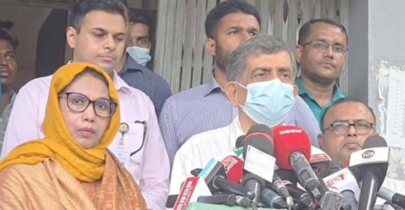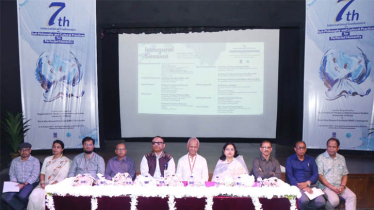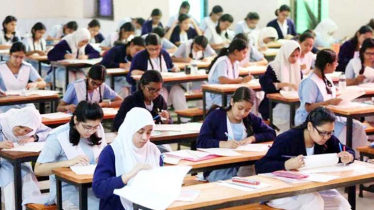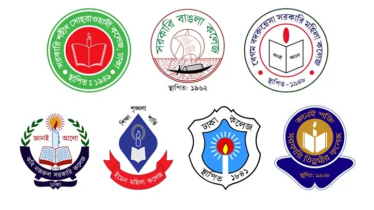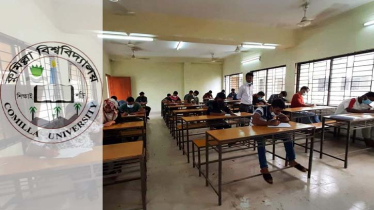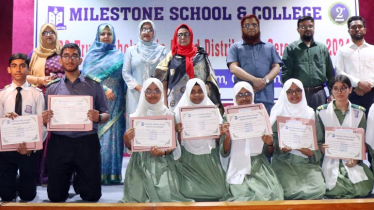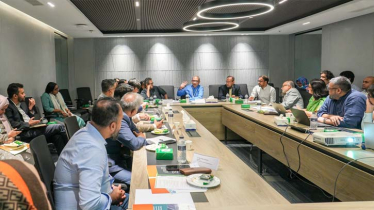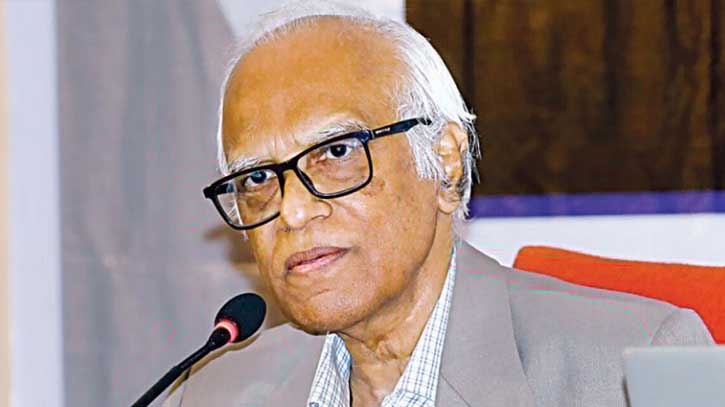
Photo: Collected
Planning and Education Adviser Dr. Wahiduddin Mahmud on Wednesday said that the Education Ministry has no direct role in addressing the problems faced by private universities in the country, as these institutions are managed by their respective trustee boards.
"Private universities are governed by their trustee boards. The government only grants approval for their operation, but the Education Ministry has no authority to intervene in their internal issues," he told reporters following an ECNEC meeting at the NEC conference room.
Dr Wahiduddin highlighted the challenges faced by students when trustee boards become dysfunctional or face crises. He pointed out that if trustees or university officials such as vice-chancellors, pro-vice-chancellors, and treasurers, appointed by the President, leave or are forced out, it creates confusion and panic among students.
"It becomes a significant crisis-arguably a larger legal challenge than managing public universities," he said, emphasizing that such disputes should be resolved through legal channels in the courts.
Dr Wahiduddin also acknowledged student frustrations, particularly their expectation that the Education Ministry or its adviser should intervene to resolve these matters. "Students think, 'This is about education, so the Education Adviser will fix everything.' But if this situation continues, even I don't know where to turn," he added.
On Tuesday, students of Primeasia University staged a demonstration near the Jatiya Press Club to press their nine-point demand. The demands included establishing a permanent campus, the resignation of the trustee board chairman, and the appointment of a neutral administrator to address ongoing crises at the university.
Tensions escalated when a group of protesting students clashed with police near the main gate of the Bangladesh Secretariat. The students had attempted to enter the Secretariat to present their demands, resulting in confrontations with law enforcement.
Messenger/JRTarek

